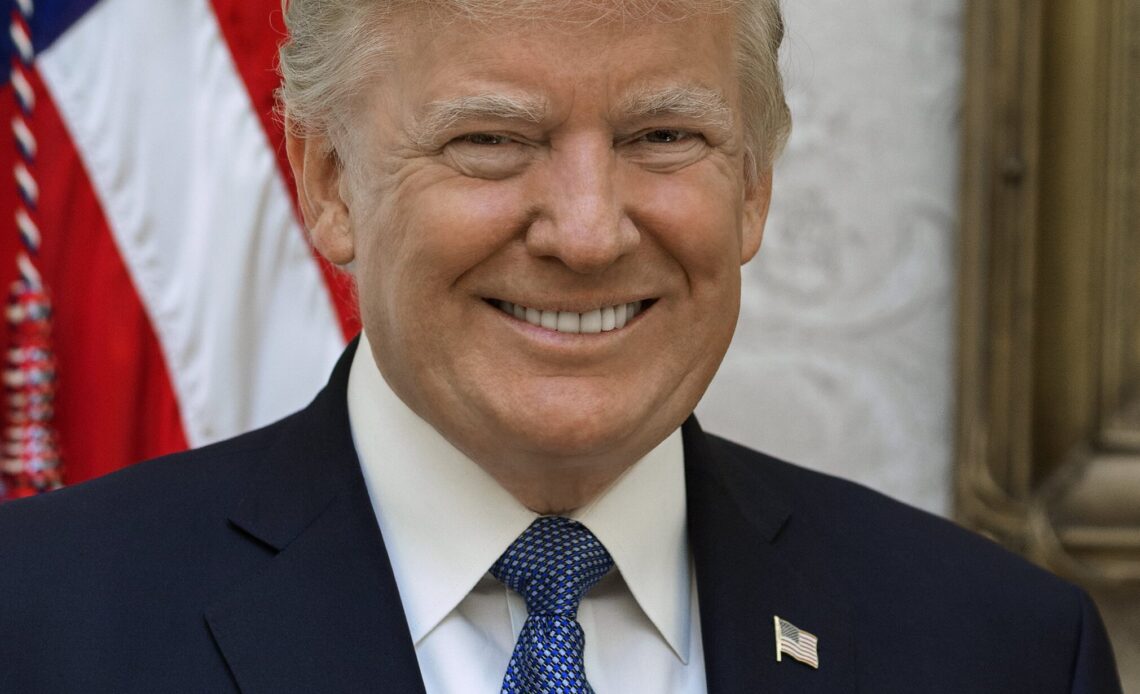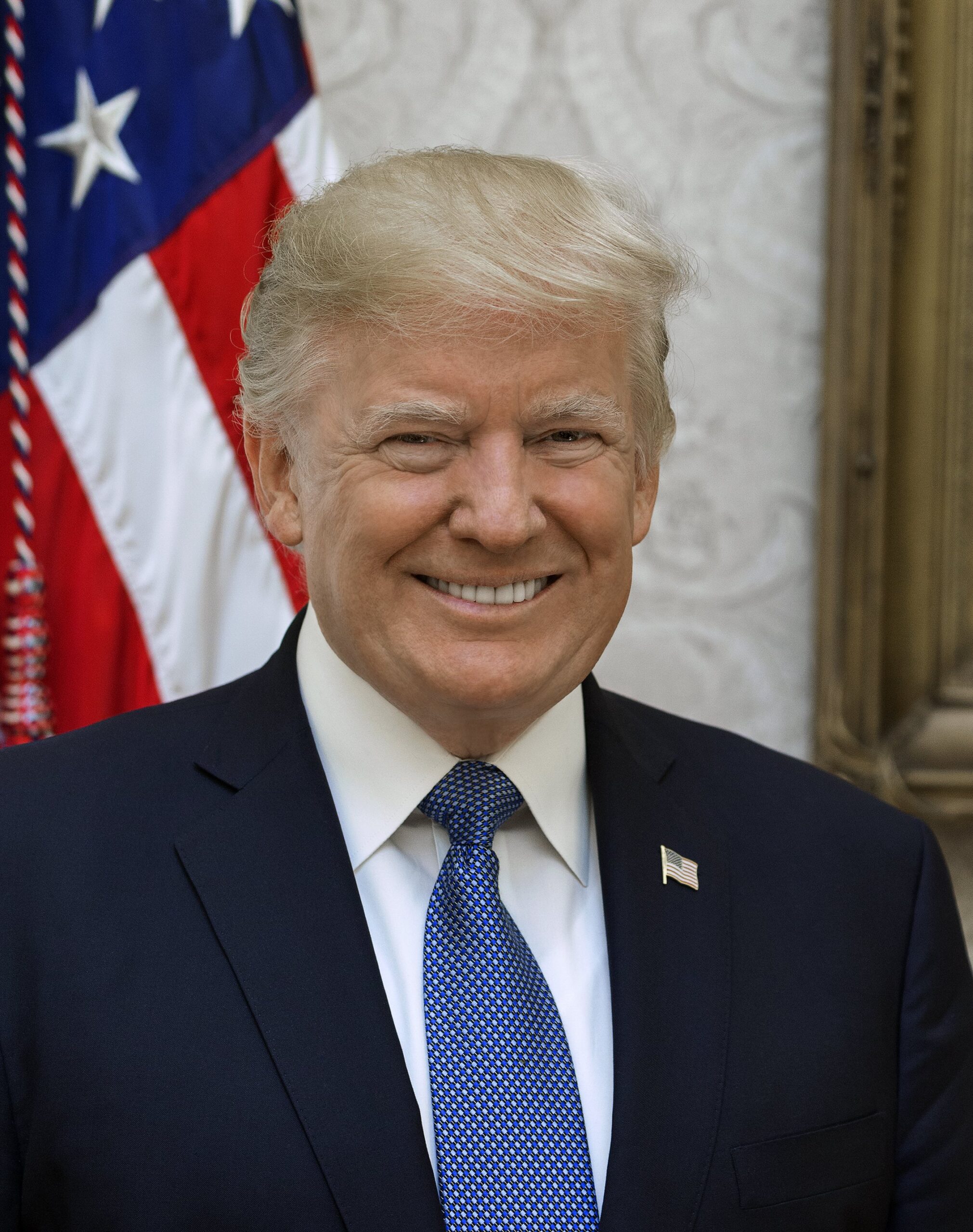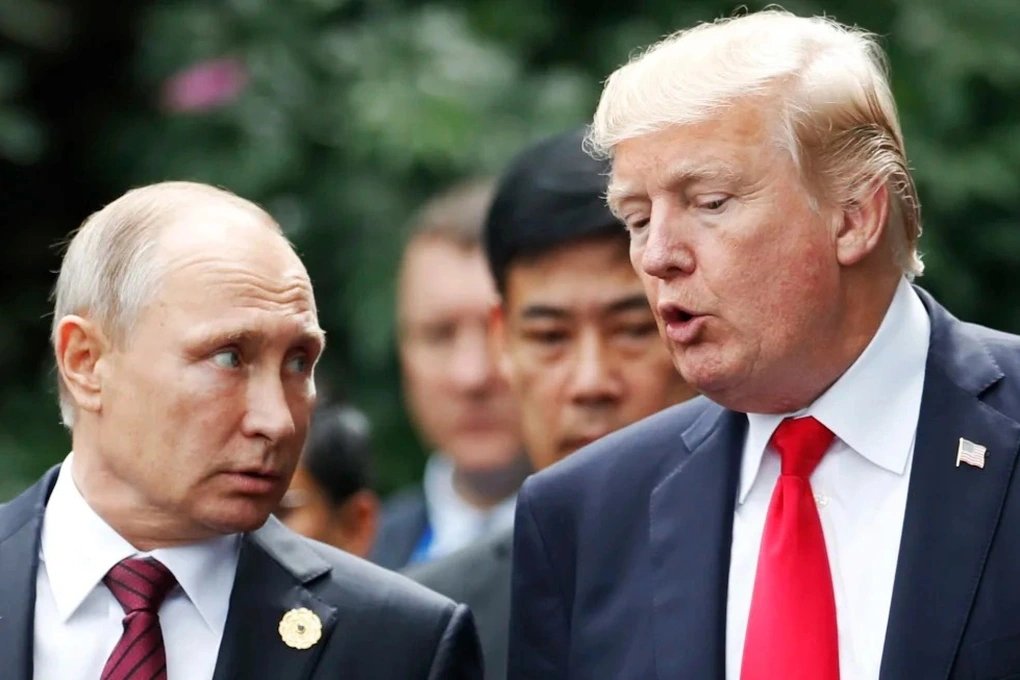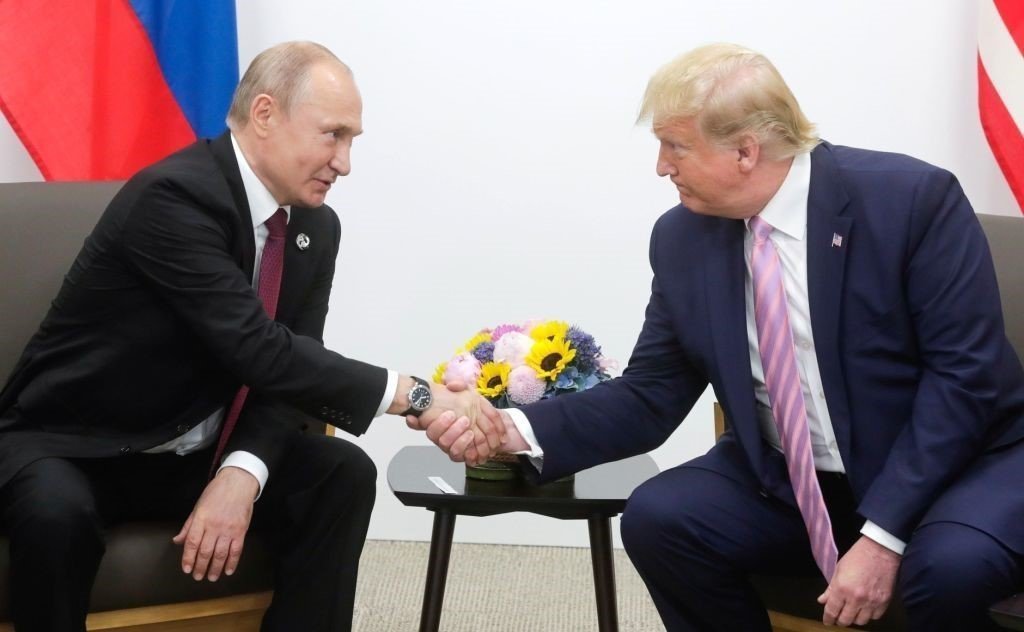
In a stunning geopolitical revelation, Russian President Vladimir Putin has claimed that the United States is “seriously” considering acquiring Greenland. This assertion, while seemingly audacious, aligns with historical American interests in the massive Arctic island. As global superpowers seek to expand their influence in strategically important regions, Greenland has emerged as a focal point of international attention. This article explores Putin’s claim, historical US interest in Greenland, its geopolitical significance, and the potential global ramifications of such an acquisition.
## The Origins of US Interest in Greenland

Greenland, an autonomous territory of Denmark, has been a subject of American interest for decades. During World War II, the US established military bases on the island to counter German threats. In 1946, President Harry Truman even offered to buy Greenland from Denmark for $100 million, but the offer was declined.
The island’s vast natural resources, strategic Arctic location, and proximity to North America have long made it an attractive prospect for US policymakers. In 2019, former President Donald Trump revived the idea of purchasing Greenland, describing it as a “large real estate deal.” While his proposal was met with skepticism and outright rejection by Danish officials, the strategic logic behind acquiring Greenland remains relevant.
## Putin’s Assertion: A Political Move?
Putin’s claim that the US “seriously” wants Greenland raises questions about his motives. Is he exposing an actual American ambition, or is he using this narrative to shift global focus? Given the increasing tensions between Russia and the West, particularly in Arctic affairs, Putin may be attempting to cast doubt on US intentions.
Russia has significantly expanded its military presence in the Arctic, establishing new bases and upgrading its Northern Fleet. By suggesting that the US is actively pursuing Greenland, Putin could be attempting to justify Russia’s own Arctic militarization, presenting it as a defensive measure against American expansionism.
## The Strategic Importance of Greenland

Greenland’s significance lies in three key areas:
1. **Military and Security**: The US already maintains the Thule Air Base in Greenland, a key asset in missile defense and early warning systems. Acquiring Greenland could solidify American dominance in Arctic military strategy.
2. **Natural Resources**: Greenland is rich in rare earth minerals, oil, and gas. As global demand for these resources grows, controlling Greenland would offer the US a significant economic advantage.
3. **Arctic Shipping Routes**: Climate change is opening new Arctic shipping lanes. With Greenland under American influence, the US could exert greater control over these emerging maritime routes, impacting global trade and geopolitics.
## Denmark’s Role and Response
Denmark, which maintains sovereignty over Greenland, has consistently rejected the idea of selling the island. Danish Prime Minister Mette Frederiksen dismissed Trump’s 2019 proposal as “absurd,” reaffirming that Greenland is not for sale. However, Denmark also recognizes Greenland’s increasing strategic value and has been working to strengthen ties with both the US and NATO allies to counter Russian and Chinese interests in the region.
Greenland itself enjoys a degree of self-governance, with its own parliament and autonomy over most domestic affairs. However, Copenhagen retains control over foreign policy and defense matters. Greenlandic leaders have expressed interest in greater independence but have not supported the idea of US ownership.
## Global Ramifications of a US-Greenland Deal

If the US were to pursue and successfully acquire Greenland, the geopolitical consequences would be profound:
1. **Russia’s Response**: Russia, which has been aggressively expanding its Arctic presence, would likely view an American-controlled Greenland as a direct threat, potentially escalating military tensions.
2. **China’s Interests**: China has invested heavily in Greenland’s mining industry, eyeing its rare earth minerals. A US acquisition could disrupt China’s economic ambitions in the region.
3. **NATO and European Relations**: Such a move could strain US relations with Denmark and the European Union. While NATO allies might support increased American presence in the Arctic, an outright territorial acquisition could be seen as an aggressive move.
4. **Legal and Diplomatic Challenges**: Acquiring Greenland would require negotiation with Denmark, Greenland’s government, and potentially the United Nations. The legitimacy of such a transaction under international law would be heavily scrutinized.
## Conclusion
Putin’s claim that the US “seriously” wants Greenland may not be entirely unfounded. Historical precedent and strategic logic suggest that Greenland remains an attractive asset for Washington. However, the feasibility of such an acquisition remains highly doubtful given Denmark’s firm stance and the broader geopolitical implications.
As global powers continue to vie for influence in the Arctic, Greenland’s future will undoubtedly remain a key topic of international debate. Whether the US will take concrete steps to acquire the island or if Putin’s statement is merely a political maneuver remains to be seen. One thing is certain: Greenland’s geopolitical importance is only growing, and the world’s superpowers are paying close attention.


